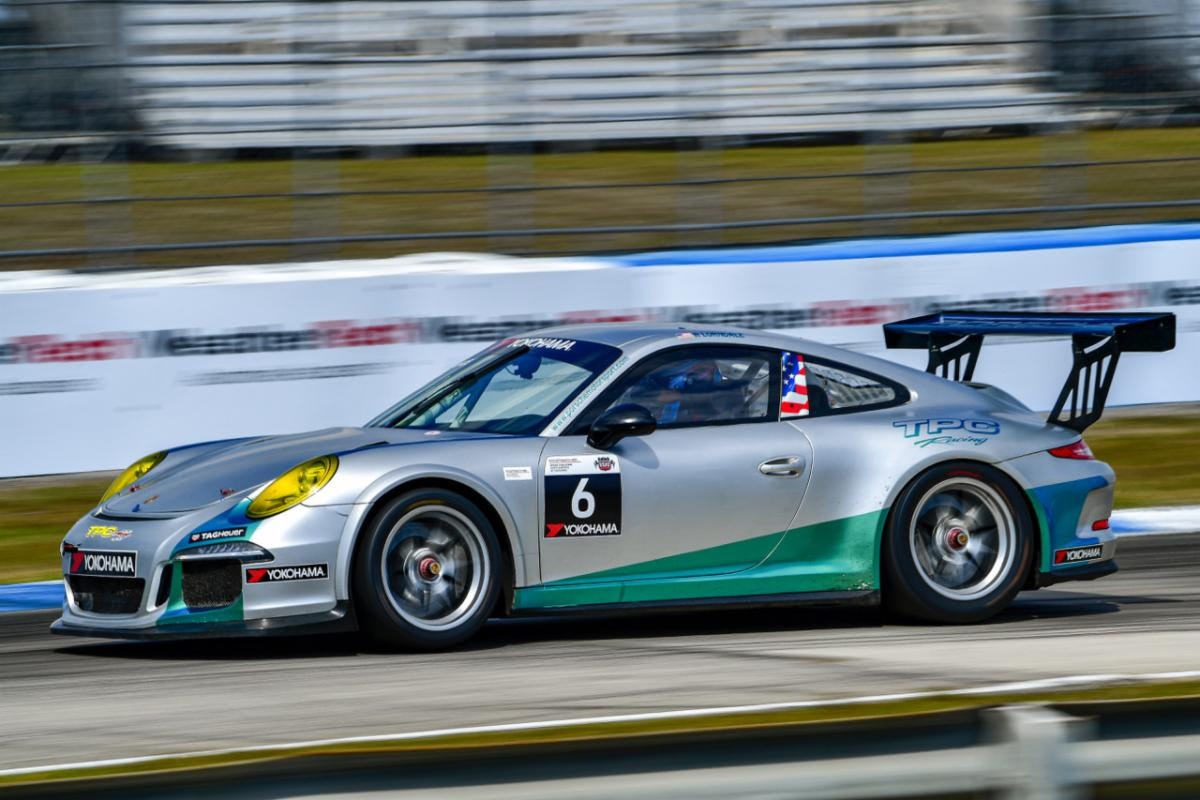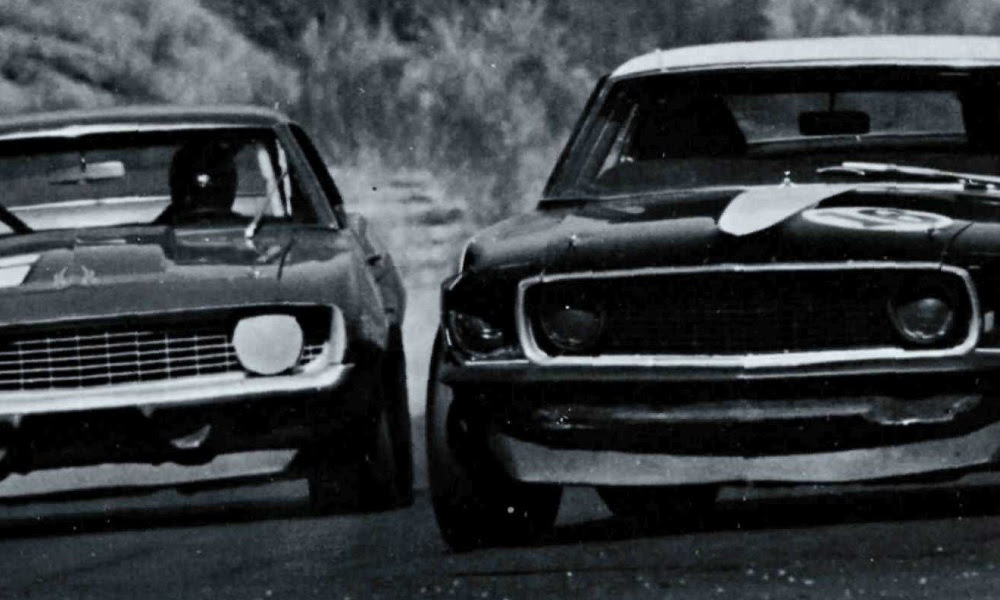Motorcycling allows you to feel the power and beauty of the open road before you like nothing else can. It’s also far more exhausting than driving a car, and even veteran motorcyclists struggle to fight fatigue when riding more than a few hours per day. Exposure to the elements, muscle fatigue, and dehydration can wear you down by the end of the first day if you don’t take care of your body.
Fatigue-related accidents are common, even for experienced motorcyclists who ride long distances regularly. To avoid accidents and overall fatigue, rest more often and take extra precautions to protect your health. It may mean you reach your destination more slowly, but it will improve the quality of your trip–and keep you safer.
1. Sleep Longer – and Better
Sleep is important to fighting fatigue, but the length of sleep isn’t the only thing that matters. Quality of sleep matters, too, and alcohol and other substances can do more harm than good. Avoid caffeine in the afternoons, as it may disrupt your sleep no matter how tired you are when you reach the hotel. Additionally, you might also want to consider introducing some supplements into your diet to combat fatigue. Dr. Gundry’s Energy Renew for example is a popular choice – you can learn more about this particular supplement by taking a look at this gundry md energy renew deal.
Since it can be hard to get to sleep in an unfamiliar hotel bed, try to go to bed extra early when traveling. You may need to give your body more time to unwind. The same goes for the night before starting a trip, as the excitement of traveling can keep you awake longer. If necessary, avoid setting hard departure times each morning of your trip and allow yourself to sleep in an extra hour if you slept poorly.
2. Stay Hydrated
Staying hydrated is key to any long ride, even if it means stopping for bathroom breaks more often. Dehydration makes you tired and irritable, which can quickly derail any trip. Summer may be the most dangerous time of year for dehydration and heat stroke, but dehydration can hit riders in the winter, too.
Get a good reusable water bottle and keep water or a sports drink in it during the ride. Make sure to drink some at every break and rehydrate properly before bed.
3. Cover Up
Even in the summer, it’s critical to protect yourself from the wind. Windburn can wear you out more quickly than mild heat-related discomfort can. When windburn combines with sunburn, it’s enough to make you miserable for the rest of your trip. Wear a helmet and something with sleeves to allow your skin to wick away sweat at an appropriate rate.
The same goes for winter, of course. If you’re mildly cold at the beginning of a ride, you’ll definitely be freezing by the end of the day. For multi-day trips, pack extra layers in case you need them and study the predicted weather along your route carefully. In some cases, it may be worth it to take an extra day to rest, if it means avoiding a cold snap.
Sunscreen is also important, even if you’re wearing a helmet. Cover the back of your neck, wrists and hands, and any other exposed areas. Sunburns can even happen in the winter, especially if you’re riding between around 10 a.m. and 3 p.m., so don’t take any chances!
4. Eat Dinner Early
Believe it or not, office workers aren’t the only ones who start feeling tired between 3 and 5 p.m. Research shows that most people start feeling drowsy between these times, regardless of occupation or other factors.
If you get tired of riding in the late afternoon, stop for an early dinner to recharge. Avoid a carb-heavy dinner, as this will leave you even more sleepy. Complex carbohydrates like whole-wheat are typically fine, but processed carbs like pasta and white bread are a bad idea if you plan on getting back out on the road.
5. Coordinate Breaks
Signaling to other cyclists when it’s time for a break can be trickier than it sounds. Even if your group sets a break time or location in advance, traffic and other factors can make it hard to take a break at that exact time.
To avoid misunderstandings about timing and location, use a helmet intercom system to communicate when it’s time to take a break. This can help make breaks more of a treat and less of a hassle.
6. Listen to Podcasts
Music can be great for long rides, but if it’s your usual playlist, you may find yourself tuning it out. Podcasts that are information-heavy can be great for keeping fatigue at bay. Current events, biker chat, and other topics can keep you awake for hours if you plan well and download them in advance.
Comedy can also fight fatigue effectively. There are hundreds of comedy podcasts available, with various styles and topics to choose from. Make sure you have a good Bluetooth audio system in your helmet so you don’t miss any lines.
7. Get a New Seat
Riding for long periods is hard on muscles, which contributes to fatigue, but there are ways to make it a little more bearable. Aftermarket seats and cushions are great for making your motorcycle more comfortable for everyday riding and longer trips.
If you get a new seat and still find yourself in significant muscle pain after rides, you may need to take breaks more often. Stretch out the affected muscles at the beginning and end of rides. Don’t hesitate to see a chiropractor if needed, too, especially if you’re hoping to take long rides regularly.
Too Much Rest Is Better Than Too Little
Motorcyclists can get into fatigue-related accidents even before they realize they’re feeling tired. When on long rides, it’s always better to take too many breaks than too little. Your destination will still be there even if you arrive a few hours later than planned.
Try to seek out a group of riders with the same passion for riding and commitment to safety as you. You don’t want to have to deal with the pressure to ride while exhausted.









